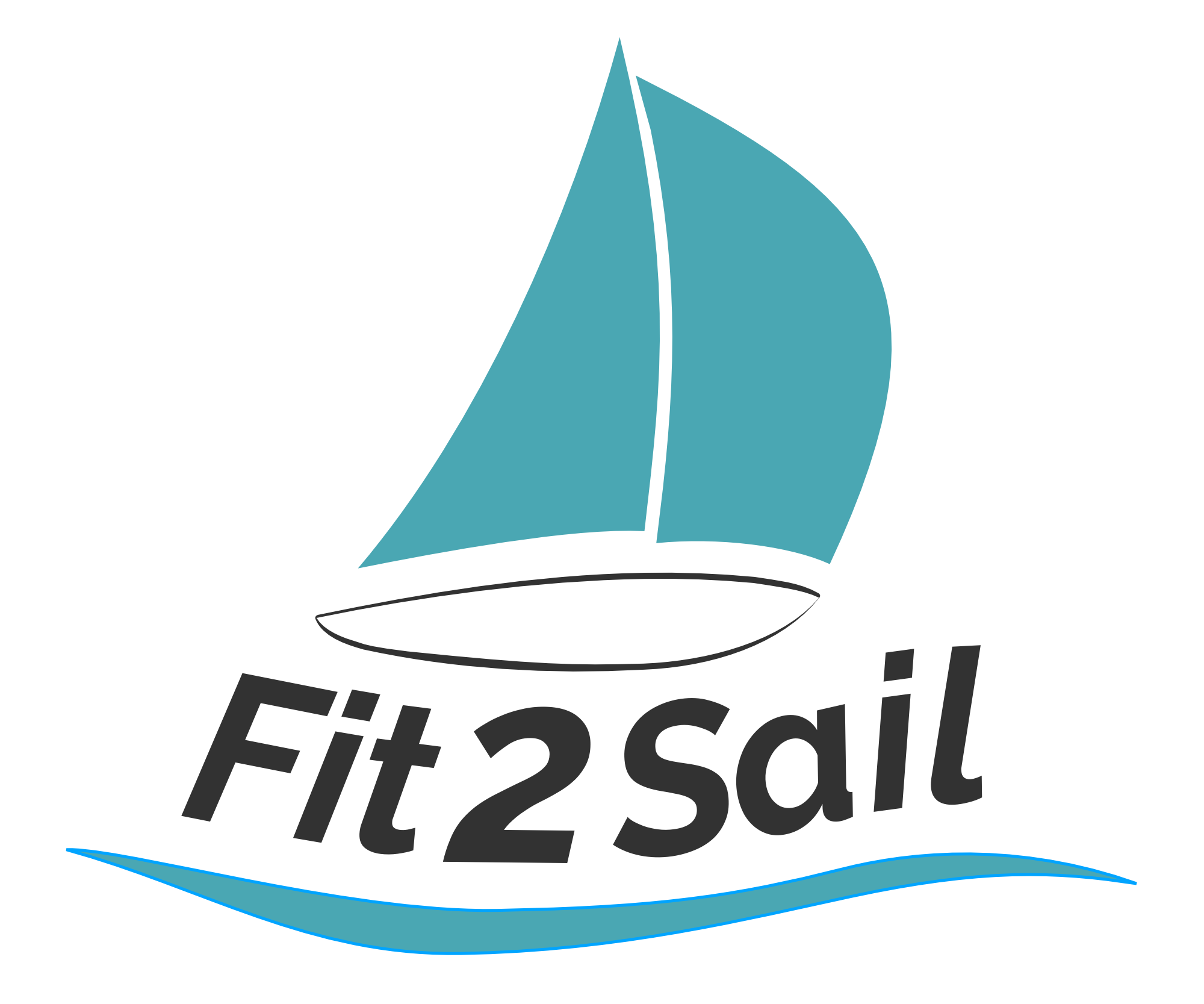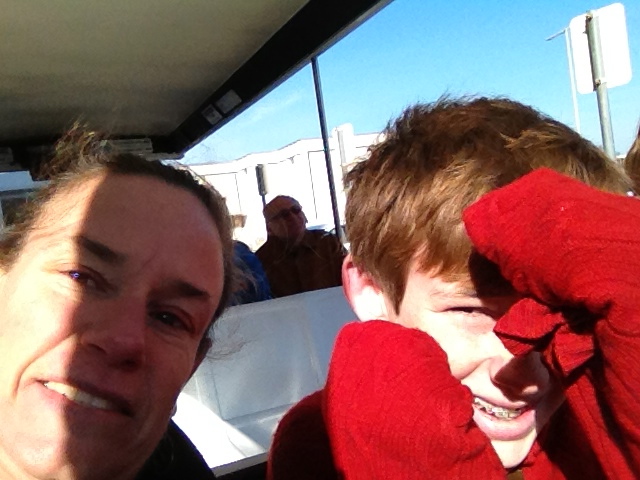Vocabulary Lesson
Our son, Julian, is 13, beginning to go through all the teen angst I’ve read about and tried hard to forget I ever experienced. I grew up with none of that drama, right? (Wrong. But that’s another story.) I’d forgotten how much this is an age of “I am so right and you are so, so not right” when dealing with parents. I have to tell you, it’s not so much fun from this side of things. But I digress.
We spent a long time in the car the other morning talking about asking for help. He feels that asking for help is admitting a weakness; my angle is that it takes strength of character to ask for assistance. I do remember being a new teacher, feeling like I had things pretty well under control and not needing advice – and then as I got more experience, I realized just how much I didn’t know, how much advice and guidance I really needed.
It’s kind of like looking for answers on the Internet. I’ll try to find something out, usually by typing “How do I . . . “ or “why is ________________ not working” in the Google bar. My first few hits are lame attempts at non-answers. But sooner or later, if I stick with it, determined to find that elusive answer, I start learning the vocabulary I need to use to actually get the right information. Then the Google search is far more successful.
It might take me 30 minutes or more. (Or more!) Just to get to a point where I know enough to ask the right questions. It all started, though, with knowing that I didn’t know the answer. With asking for help.
I’m not saying that typing something into the Google search bar is hard. There’s nothing judgmental that’s going to come from that search (even though Jeremy laughs at me every time he sees my elaborate question typed out.) There are no laughs of scorn or derision coming from my computer’s speakers. Still, it takes some guts to admit, even to a screen, that you don’t know the answer. I’ve asked some pretty basic things (I still have to ask each time I want to take a screen shot) and will continue to do so. I’m sure every time I ask Jeremy a question about computers and how they work he’s a little mystified as to how I could not know that. He answers calmly, easily, and I am encouraged then to ask something else in the future.
Asking someone else for help can be scary. Asking when you don’t even know the right way to ask, the right vocabulary, can be harder. My point, though, is this – if you start the questioning, the searching for the answer, process, chances are good you’ll wind up with an expanded vocabulary that might make asking the next question easier.
Of course, having someone respond positively and gently when asked can go a long way to making the asking easier.
I’m reminded in some way of my early teaching career. I started out with a group of second graders and a loyal, hard working classroom assistant. I used to tell my kids that they already knew the concepts I was about to share – they just didn’t know the right vocabulary. They went into a new idea thinking they already knew it, that they already could do it – their attitude was one of I CAN DO THIS. It was just a matter of vocabulary.
I could have told them that what they were about to be exposed to was brand new. That it was scary, and hard. Their time with me, and mine with them, might have been far more stressful.
Julian sometimes comes to a question he doesn’t know and his response is to give up. “This is too hard,” he says. By saying that, he’s made it infinitely more hard. By refusing to ask for help, he’s made it infinitely more hard.
Believing you can do it is key. Understanding when you need a boost to get you there is also key.
And learning the vocabulary as you go along is the icing on the cake.
I’m Nica. I’m all about food, and fitness. But mostly, I’m all about helping YOU see how you can fit those into your life. What vocabulary lesson can I share with you?
Have a great weekend!

